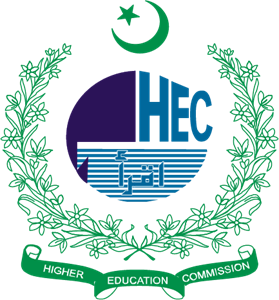Issues and challenges faced by infertile women KPK, Pakistan: A qualitative study
DOI:
https://doi.org/10.52442/jrmi.v9i1.454Keywords:
Infertility, Experiences, Phenomenology, Women, Reproductive HealthAbstract
Abstract
Context: Infertility affects one in 7 couples it may be be primary or secondary. According to
W.H.O “primary infertility is the inability of sexually active, non-contraceptive using, non- lactating women to have a live birth after 12 months or more of regular unprotected sexual intercourse whereas secondary infertility is the inability of sexually active, non-contraceptive using women, who had a live birth previously, despite regular unprotected sexual intercourse for at least 12 months and unable to have a live birth”.
Methods: A qualitative study done at a tertiery care hospital of Peshawar. Seven In-depth interviews conducted and saturation achieved. Interviews were audio recorded and then translated and transcribed and thematic analysis appraoch used to analyze the data.
Results: 86 Open codes found, few codes were falling with two or more themes and placed under multiple heads. Four key themes constructed i.e. lack of family support, treatment fatigue, social withdrawal and perceived social isolation.
Conclusion: At the conclusion, infertility is a stressful situation, especially in conservative societies. Due to non-satisfaction with medical care, these young females are tempted by quacks in various forms and also pressured by mothers’ in-law to seek care from such quacks. Our healthcare system is unable to address the information needs of couples and families seeking fertility care due to which theytend to consult quackery




